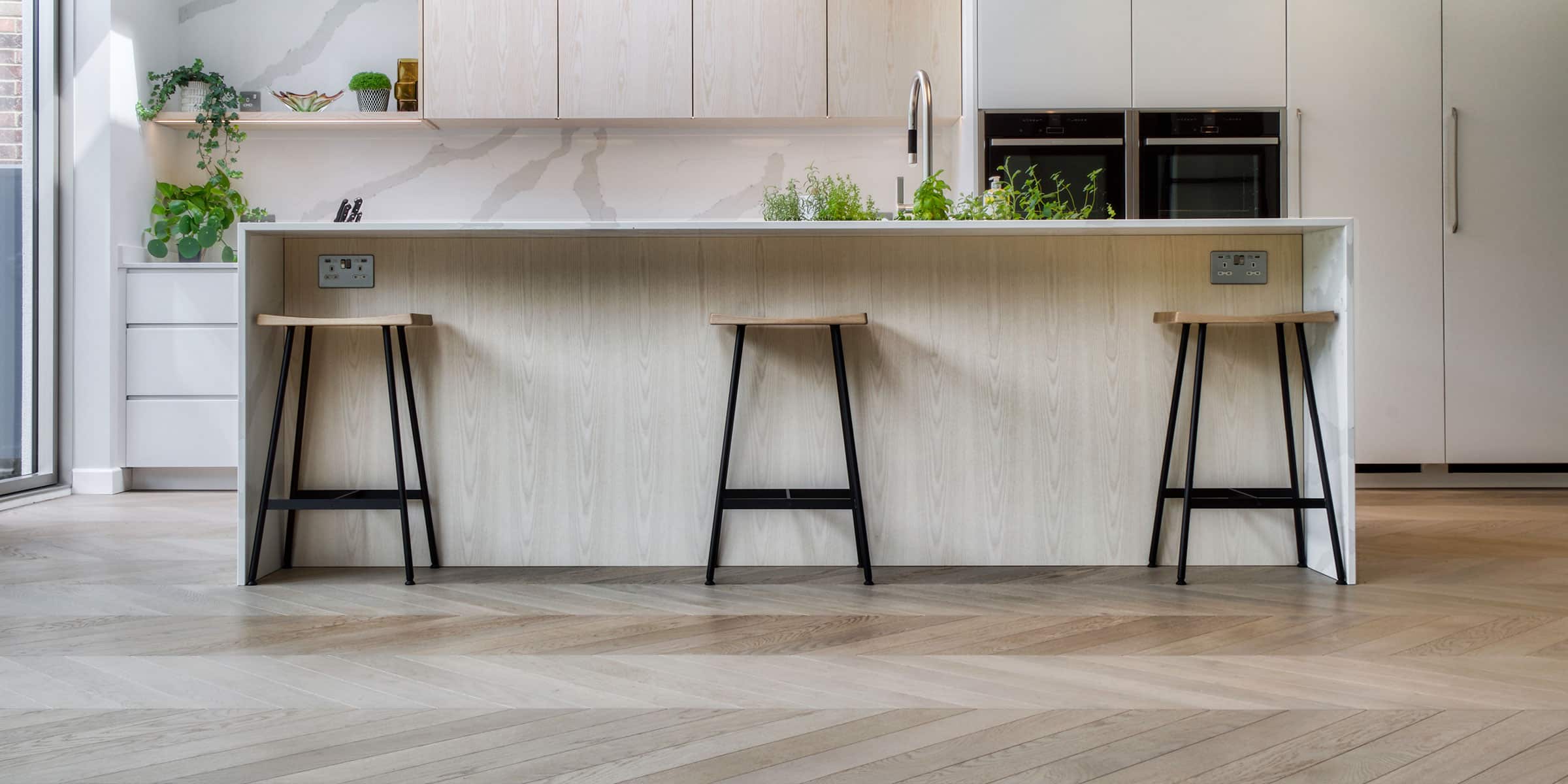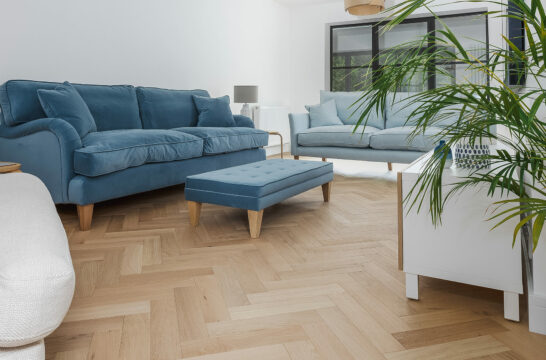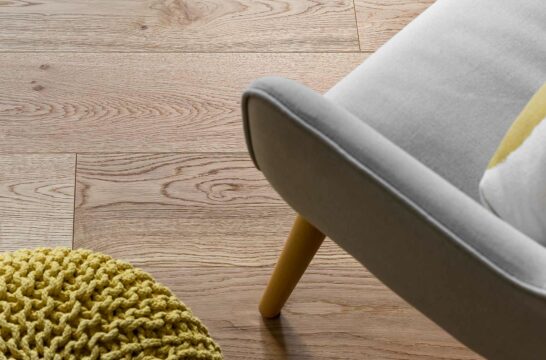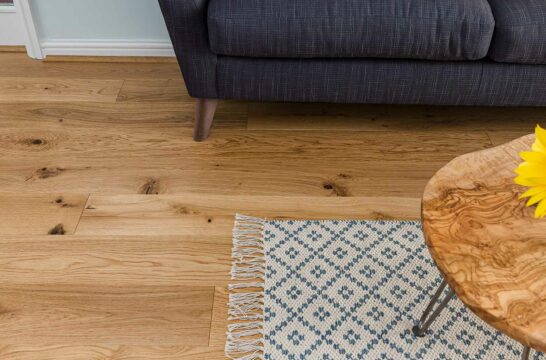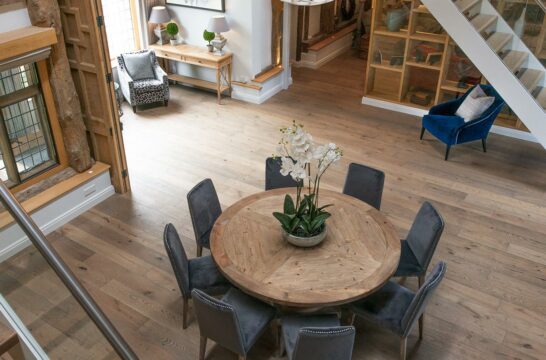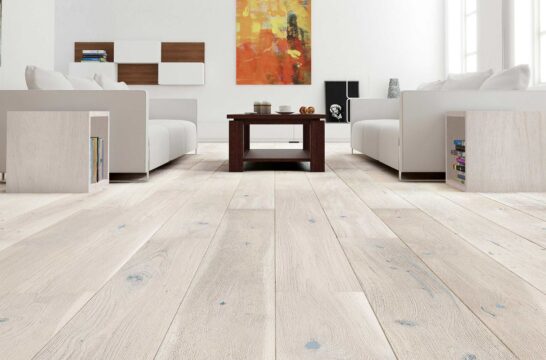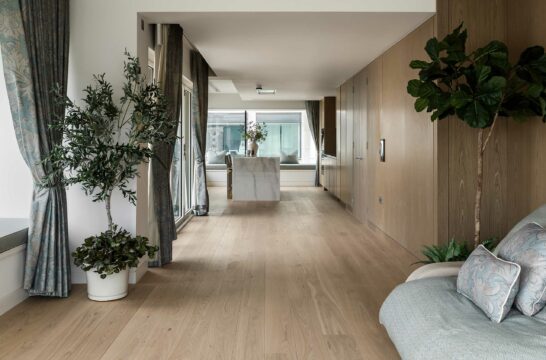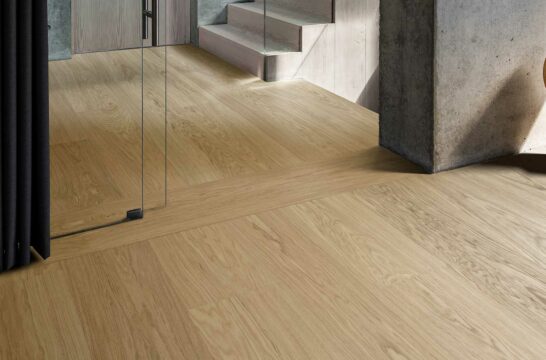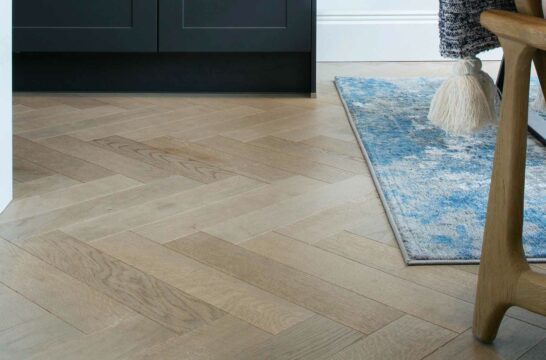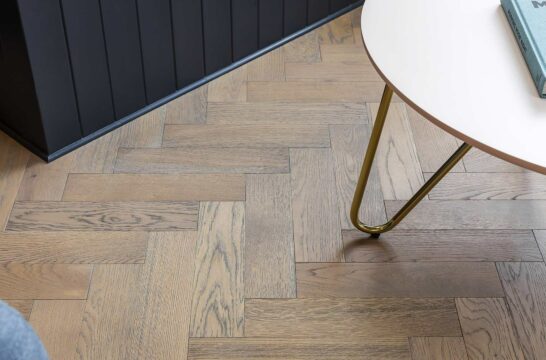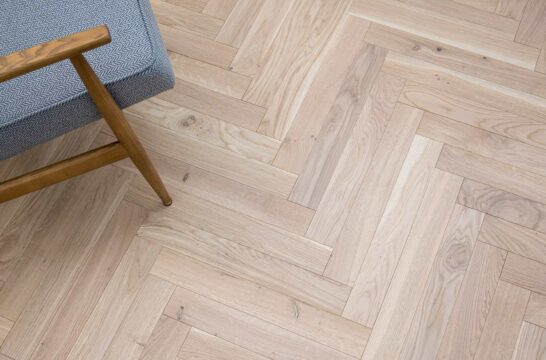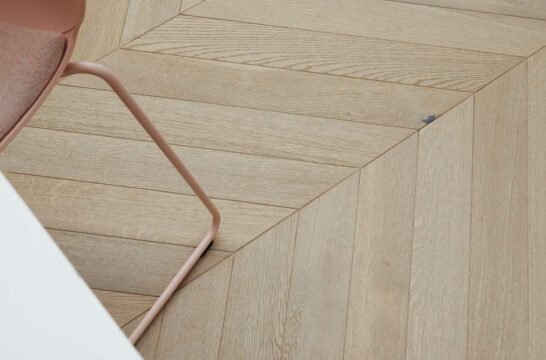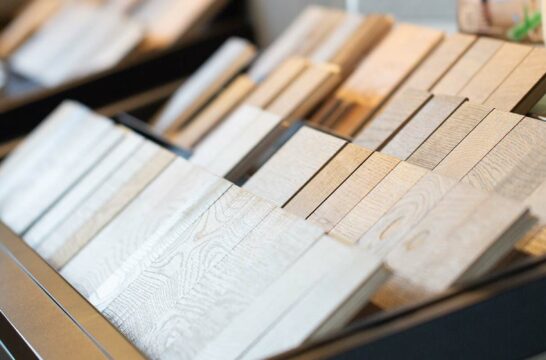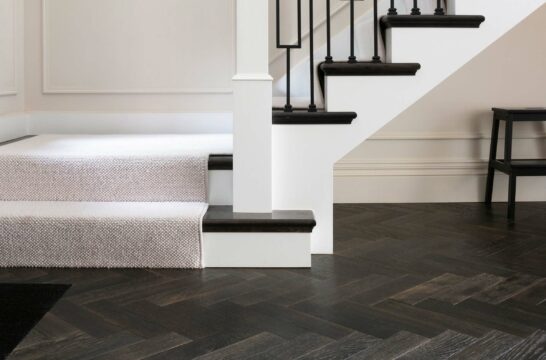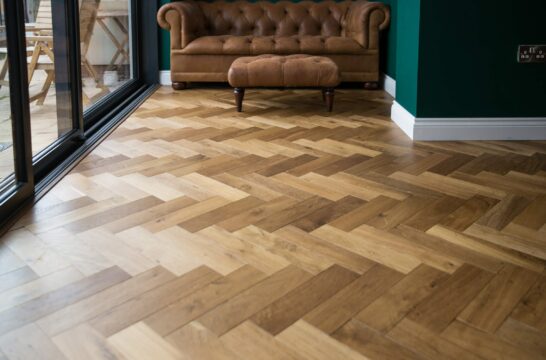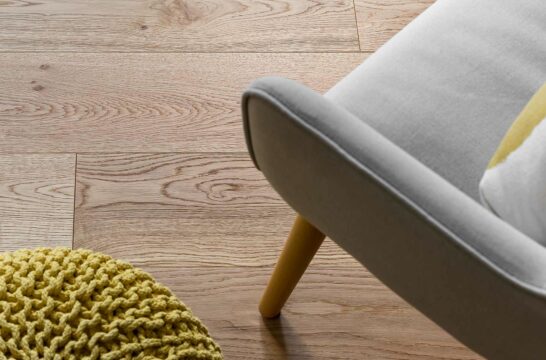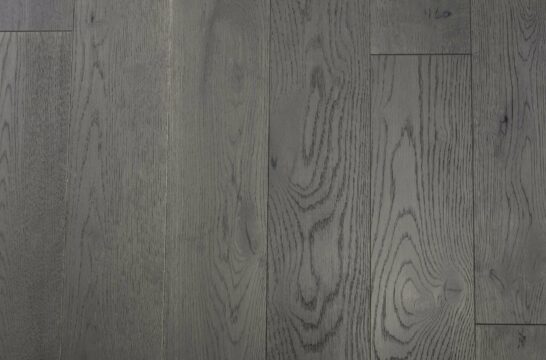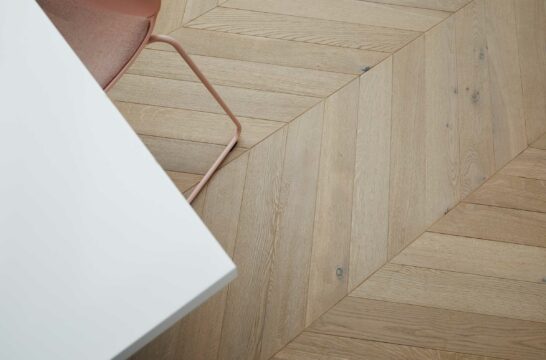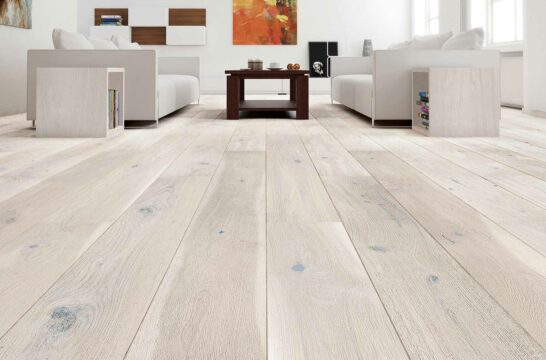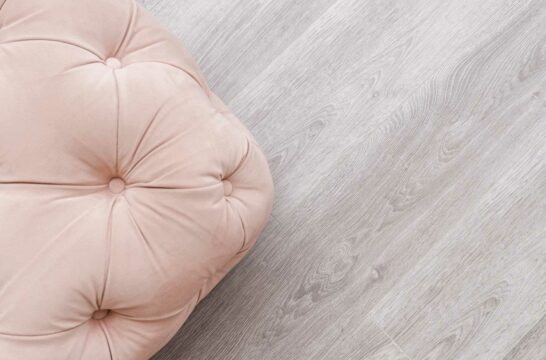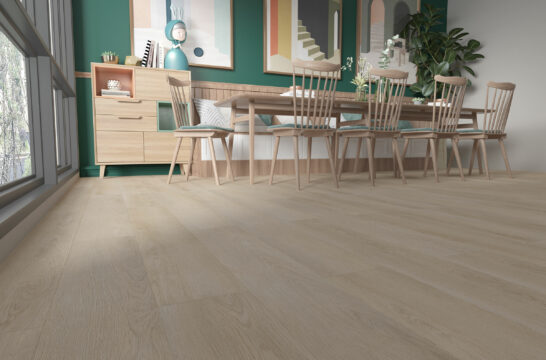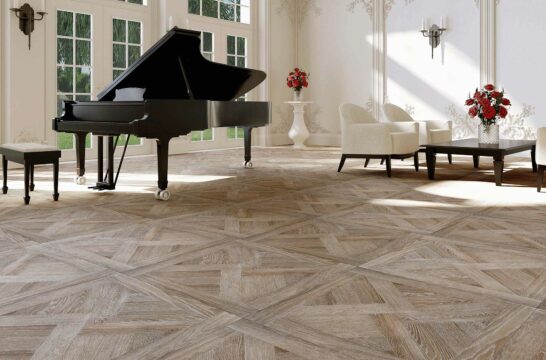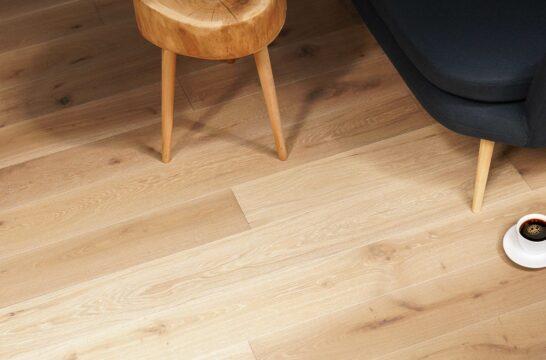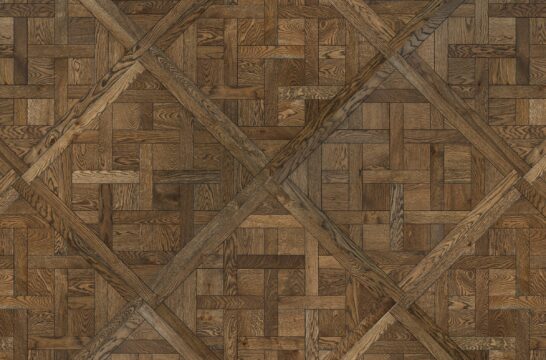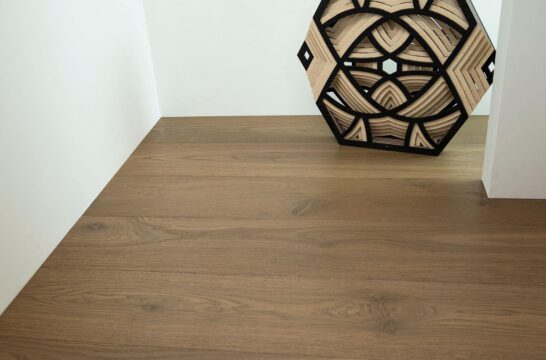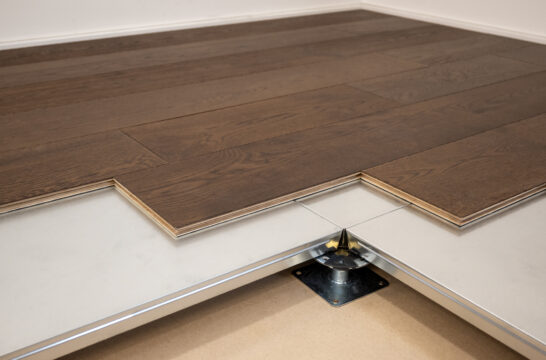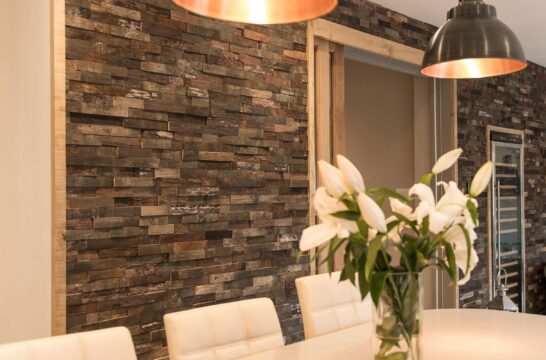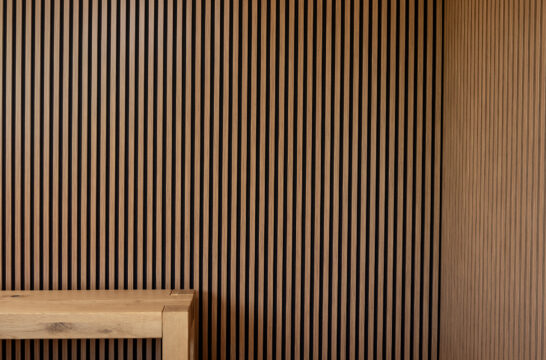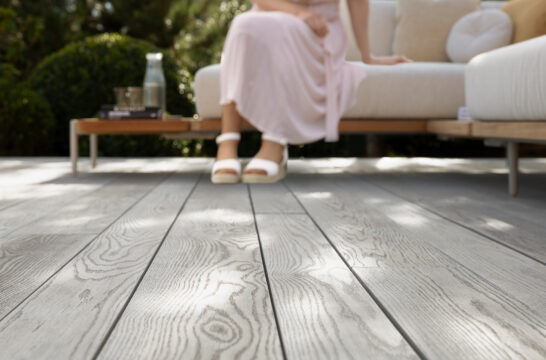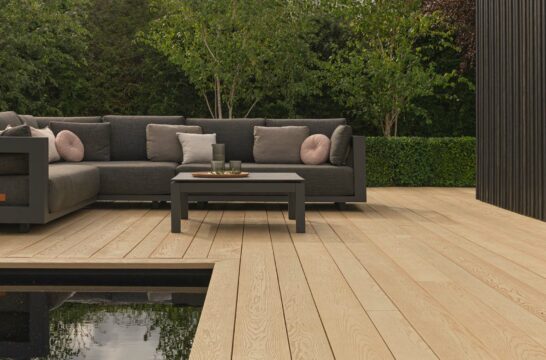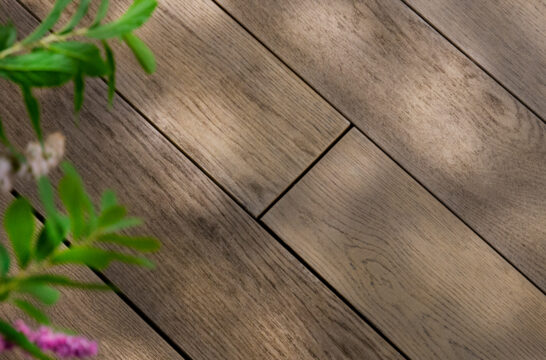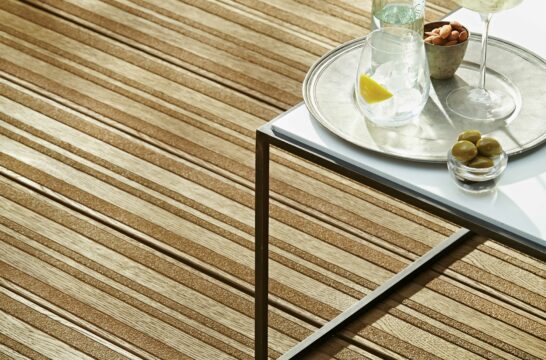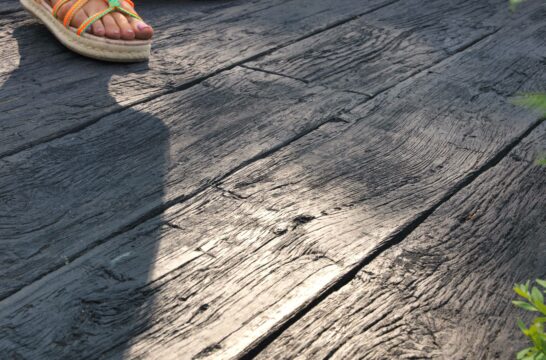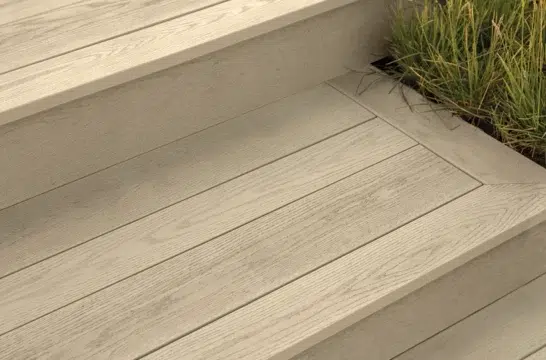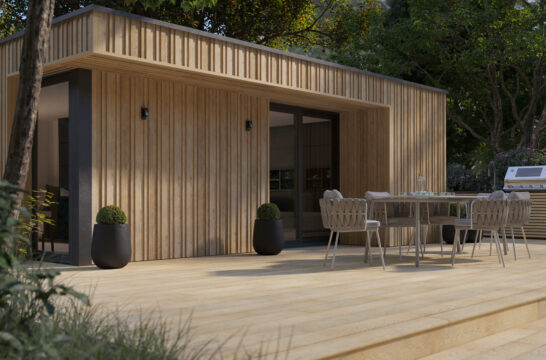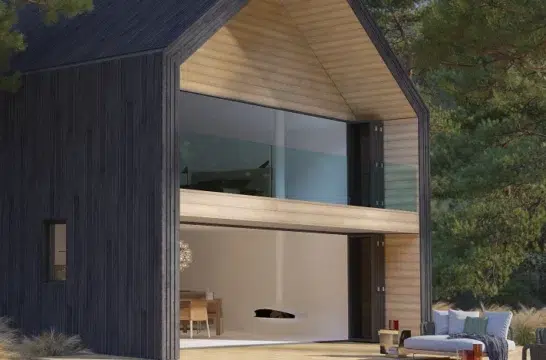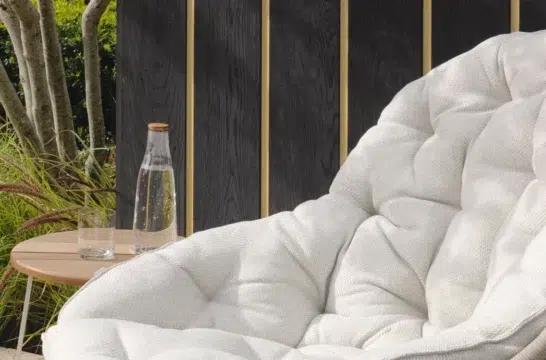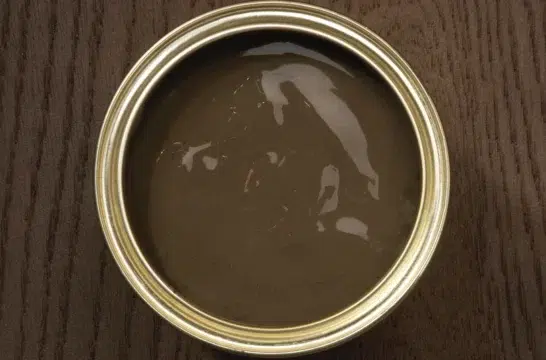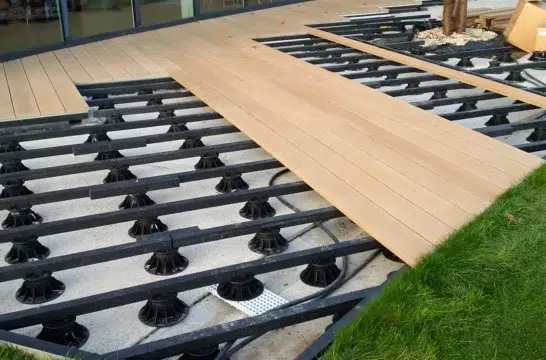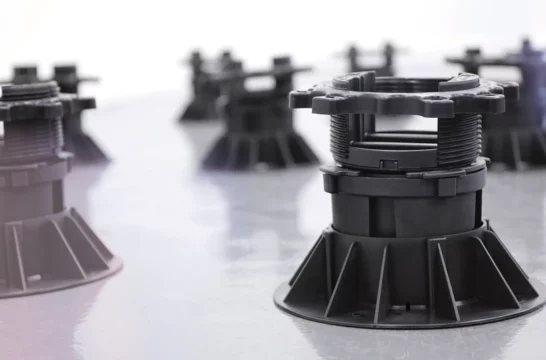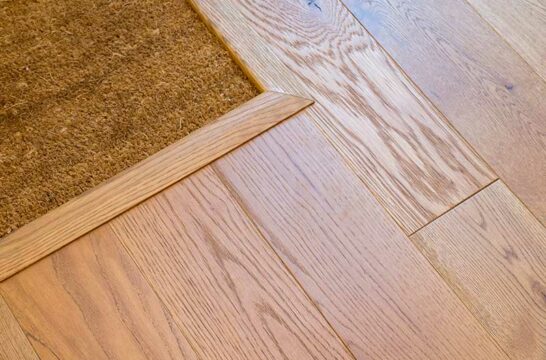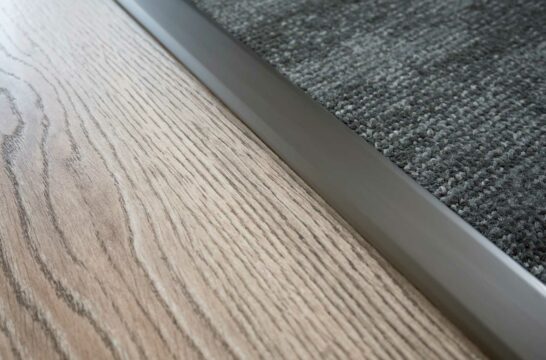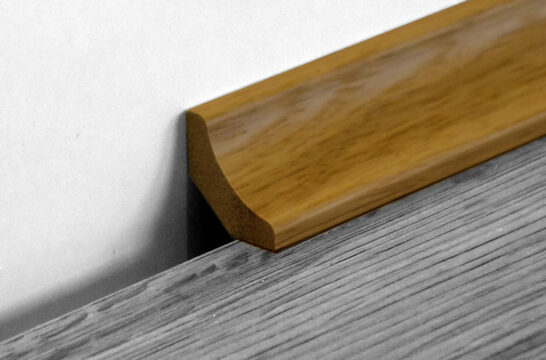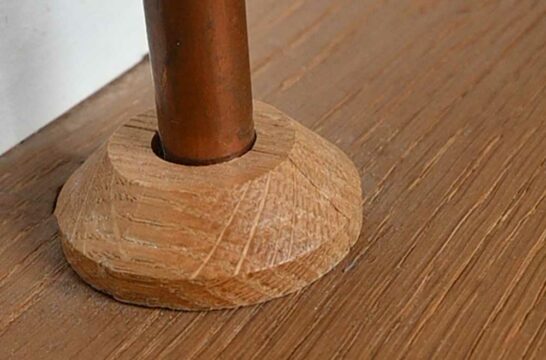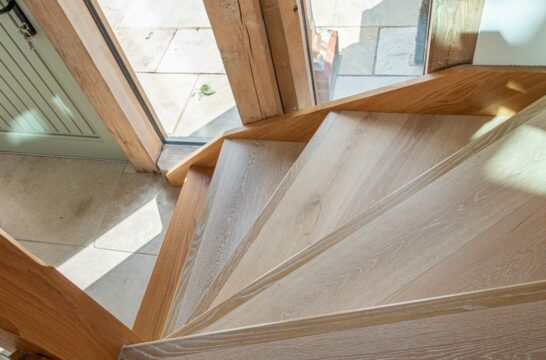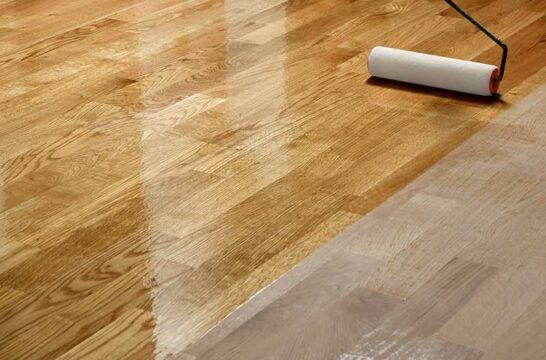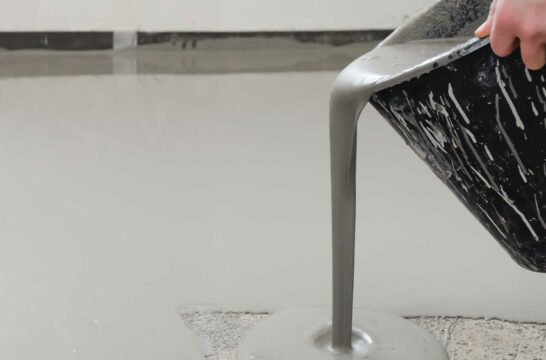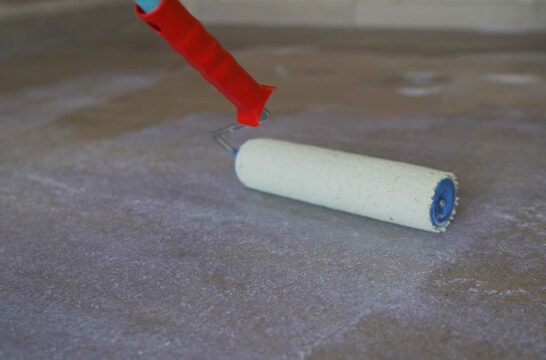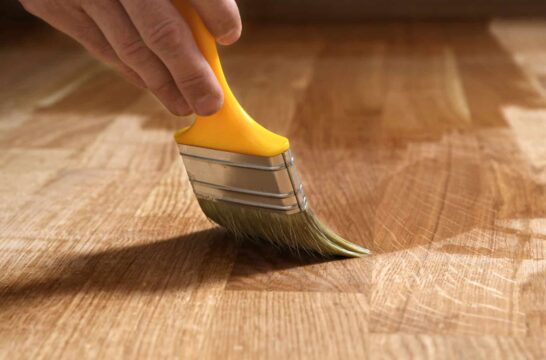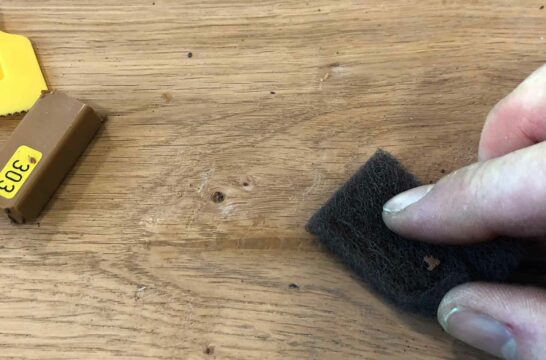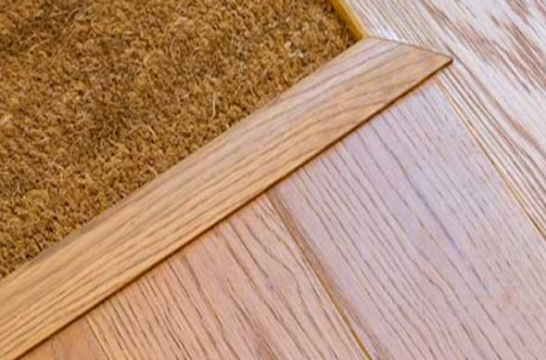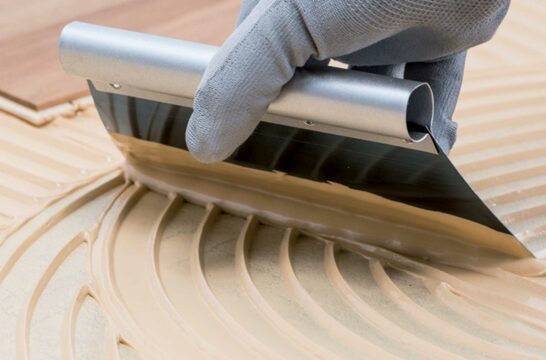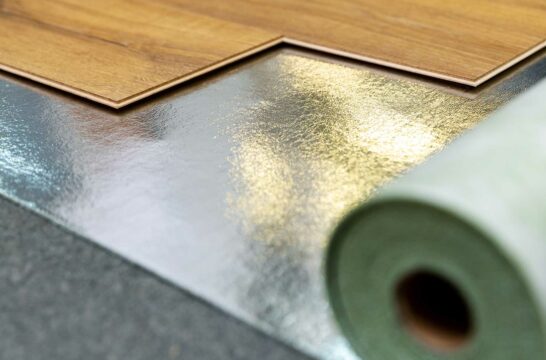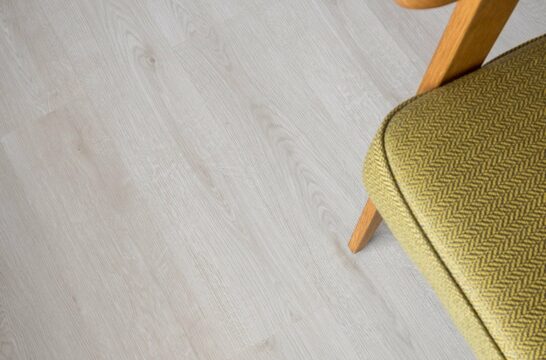The Role of Cork Flooring in Green Homes

People everywhere are becoming more and more conscious of their own environmental impact, and seeking out eco-friendly alternatives in every aspect of their lives, including home design. But one area that often gets overlooked, yet holds significant potential for sustainability, is flooring.
Certain traditional flooring options not only consume excessive natural resources, but can also help to reduce indoor air pollution too. This is where more progressive solutions come into play, such as engineered wood over solid wood, and laminate over vinyl. But one of the most impressive, in terms of sustainable edge and style, is cork flooring.

Cortejo Luxury Cork Flooring
Our newest premium flooring range offers an unparalleled blend of style and sustainability. Cork is relatively new to the scene in terms of flooring materials, but it is by far one of the most eco-friendly options available.
Sourced in Greenness
The cork oak tree Quercus Suber is a remarkable species native to the Alentejo region of Portugal. This area is a biodiversity hotspot, home to ancient ecosystems that have thrived for centuries, and the cork oak plays a pivotal role in sustaining these ecosystems, while also supporting traditional rural lifestyles.
What sets the cork oak apart is its unique ability to regenerate its bark. Unlike other trees, where bark removal can be detrimental, the cork oak thrives through a sustainable harvesting process that causes no harm to the tree.
Harvested by Hand
Every nine years, skilled craftsmen manually strip the outer bark from the trunk, which allows the tree to regenerate new bark and provide material long into the future, operating as a purely renewable resource.
The harvesting process is completely manual, eliminating the need for heavy machinery, and thereby reducing carbon emissions and other pollutants. Even the excess biomass from the process is utilised, and burned to generate over half of the energy required for cork production.
A Zero-Waste Production Cycle
The cork used in our luxury Cortejo floors is sourced from the waste material generated by the cork bottle stopper industry, ensuring that every part of the cork oak’s bark is utilised.
It is a brilliant example of circular economy principles in action, where waste from one industry becomes a valuable resource for another.
A Natural Climate Solution
The cork forests themselves retain up to 73 tons of CO2 for every ton of cork produced, acting as a significant carbon sink. This not only aids in offsetting emissions but also contributes to reducing the Global Warming Potential (GWP), making it a natural climate solution that goes beyond mere sustainability.
This heightened absorption is also boosted by the harvesting process, as each tree will naturally absorb more CO2 in order to heal between each harvest.
Better Air Quality at Home
Our Cortejo cork flooring comes with an excellent A+ rating for air quality, setting it apart from many other flooring options. This high rating is a testament to the product’s PVC-free composition, meaning it does not emit harmful volatile organic compounds (VOCs) into your home.
VOCs are often found in synthetic materials like vinyl flooring and certain carpets, and can negatively impact your health over time. But thankfully, cork flooring’s superior air quality rating ensures that you are making both an eco-conscious choice and a health-conscious one.

A Green Choice for Your Home
From its source in the cork oak forests of Portugal to its role in sustaining ancient ecosystems, every aspect of this flooring option is steeped in green credentials. Isn’t it time you made a flooring choice that aligns with your values? Choose Cortejo Luxury Cork Flooring and take a step towards a greener, healthier, and more sustainable future for your home and the world.
FAQs
Is cork flooring biodegradable?
Yes, cork is a natural material that is fully biodegradable. At the end of its lifecycle, it can be composted, further contributing to its eco-friendly profile.
How does cork flooring contribute to energy efficiency?
Cork’s natural insulating properties make it an excellent choice for energy efficiency. It helps to keep your home warm in the winter and cool in the summer, reducing the need for artificial heating and cooling.
Are any chemicals used in the production of Cortejo Luxury Cork Flooring?
No, Cortejo Luxury Cork Flooring is produced without the use of harmful chemicals. It is free from PVC and other synthetic materials, making it a safe and natural choice for your home.
Does cork flooring require a lot of maintenance?
Cork flooring is low-maintenance and does not require harsh cleaning agents, which often contain environmentally harmful chemicals. A simple sweep and a damp mop are usually sufficient, making it an eco-friendly option in terms of upkeep as well.
Is cork a renewable resource?
Absolutely, cork is harvested from the bark of cork oak trees, which naturally regenerate their bark. This makes cork a renewable and sustainable resource, unlike hardwoods which require felling the entire tree.
Can cork flooring be recycled?
Yes, cork flooring can be recycled and repurposed, adding another layer to its sustainability. Whether it is turned into new flooring or other cork products, its lifecycle extends far beyond its initial use.
